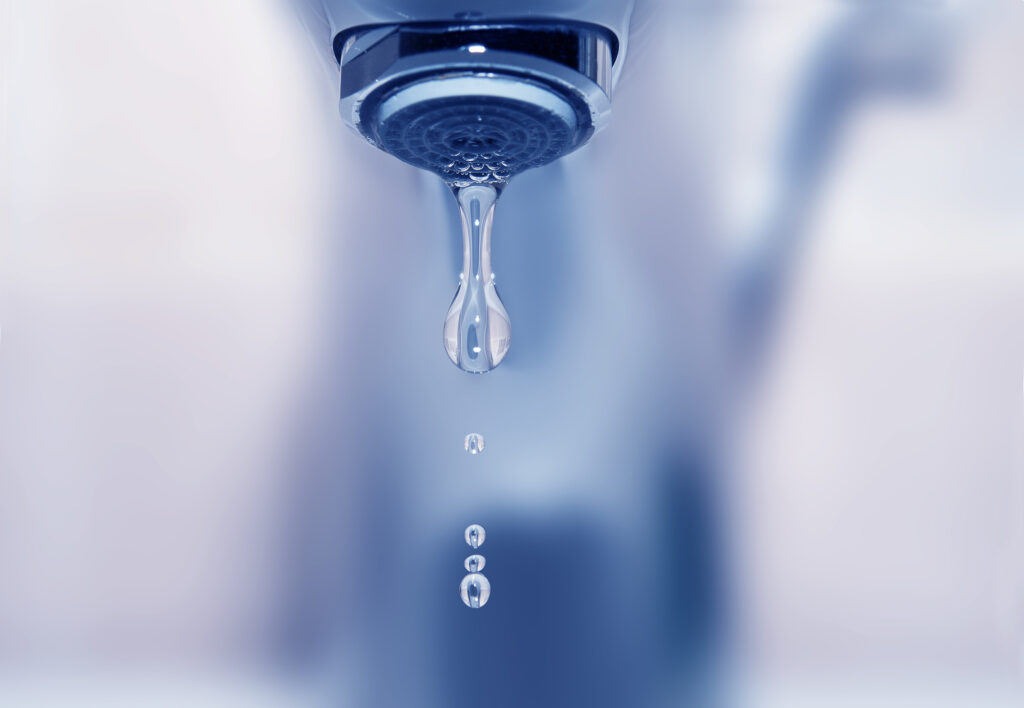What Is Hard Water? A Brief Guide
Is your home plagued by hard water? The chances are great that you have hard water running through your pipes and don’t even know it. An overwhelming 80% of homes in America have hard water flowing through their plumbing.
While hard water isn’t harmful to your health, it can cause a host of other issues.
Keep reading to understand what hard water is and what it means for your home.
What Exactly Is Hard Water?
Hard water is water that has high concentrations of minerals like calcium and magnesium. Hard water can leave white, chalky stains on your faucets.
Hard water is determined on a hardness scale by the United States Geological Survey (USGS). It measures milligrams of calcium carbonate per liter and rates it on a scale like this:
- Soft = 0 to 60 mg/L
- Moderately Hard = 61 to 120 mg/L
- Hard = 121 to 180 mg/L
- Very Hard = more than 181 mg/L
Testing your water to see if it is hard can determine if action needs to be taken in your home. Chances are, if you have hard water, you may be noticing one or more of these common plumbing issues:
- Scale buildup inside your pipes
- Appliances wearing down quicker than usual
- You could have issues with your hot water heater
- You may notice buildup forming around your faucets, sinks, and tubs
- You may experience more problems with clogged up sinks
Looking for these tell-tale signs can help you spot hard water issues before they ruin your plumbing. If you’re noticing one or more of these issues, we recommend you contact a professional.
Myths About Soft Water
There are three common myths that people tend to believe about soft water that just isn’t true. They are:
Water softeners can make your water taste too salty. In actuality, soft water has only 20 mg of sodium for 8 ounces of water. That’s less sodium than an egg, a slice of bread, or low-fat milk.
Softeners can remove important minerals from your drinking water. Again, this is false. Softeners only remove minerals your body can’t absorb or doesn’t need, like calcium and magnesium. What’s left is all the great minerals you usually enjoy.
Water softeners cost a lot of money to operate. In reality, water softeners can run for less than $10 per year. It uses the same amount of electricity as your standard alarm clock. Not only that, it will save you the cost of removing mineral deposits in your system and allow your appliances to run efficiently.
Common Plumbing Problems Be Gone!
Hard water can be treated and eliminated. Hopefully, you’ve seen how efficient your home can be by adding a water softener. So wave your common plumbing problems goodbye.
If you’re looking for more great articles like this, please be sure to check out our blog. You can find articles about home care, real estate, and more.
